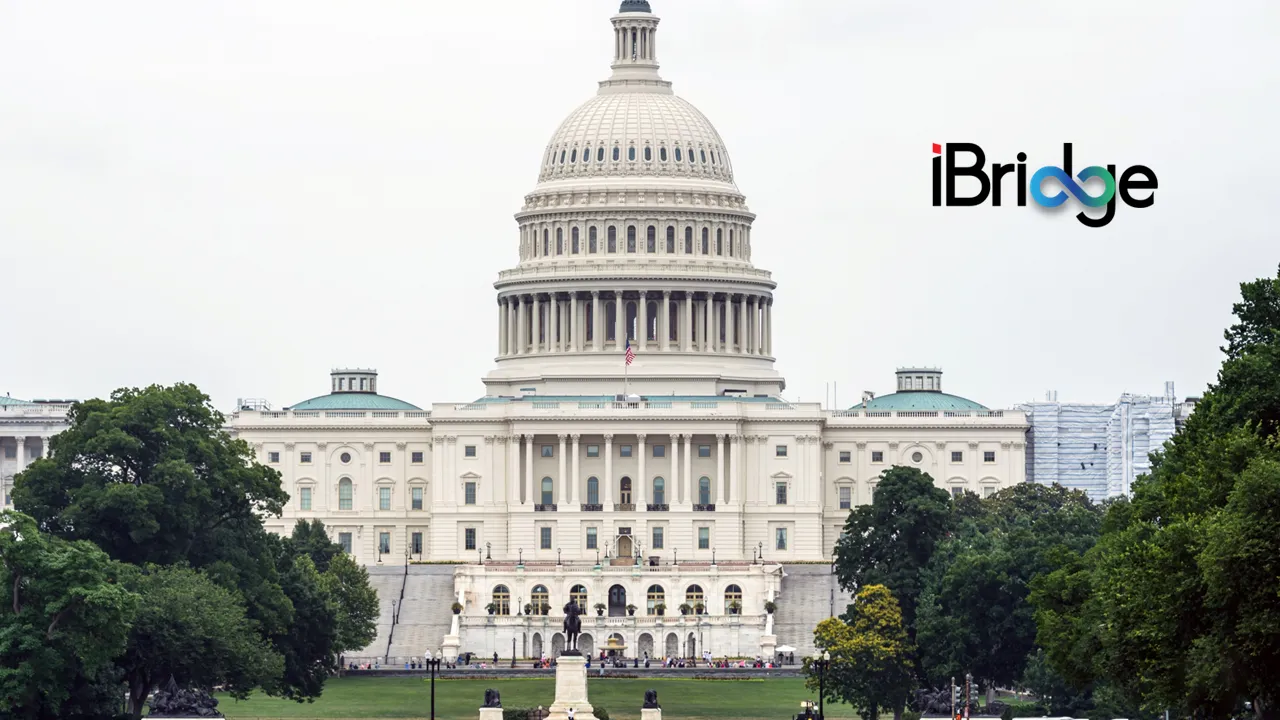In the contemporary era, the digital transformation of government operations stands as a linchpin for providing enhanced public services and fostering accessibility. The conversion of legacy media into digital formats marks a pivotal shift, enabling citizens to interact with government services through online platforms. This article delves into the transformative impact of digitalization in government, elucidating how it leads to increased efficiency, reduces bureaucratic hurdles, and ultimately empowers governments to better serve their constituents by making services more accessible, user-friendly, and responsive to public needs.
The Digital Evolution of Government Operations
Government operations have historically been associated with bureaucratic processes and traditional paperwork. However, the digital era has ushered in a profound transformation, prompting governments to digitize their functions and leverage technology to enhance service delivery. The shift from legacy media to digital platforms signifies a commitment to meeting the evolving expectations of a tech-savvy citizenry.

Enhanced Public Services
Online Access to Information
Digitalization empowers governments to provide online access to information, from public policies and legislative updates to statistical data and government publications. Citizens can access this information conveniently from their homes, fostering a culture of transparency and keeping the public informed about government activities. The accessibility of information promotes an engaged and informed citizenry, which is crucial for a thriving democracy.
Efficient Service Delivery
The digitization of government services streamlines processes, leading to more efficient service delivery. Citizens can submit applications, request permits, and access various government services online, reducing the need for in-person visits to government offices. This efficiency saves citizens time and optimizes resource allocation within government agencies, contributing to a more effective use of public resources.

Digital Transactions and Payments
Governments embracing digitalization often enable citizens to complete transactions and make payments online. Whether it’s paying taxes, fines, or fees for government services, digital payment options provide a convenient and secure way for citizens to fulfill their financial obligations. This reduces reliance on physical cash transactions and contributes to revenue collection efficiency for the government.
Improved Accessibility
24/7 Availability of Services
Digitalization ensures that government services are available to citizens 24/7. Unlike traditional office hours, citizens can access online services at their convenience, breaking down time barriers and facilitating access for those with busy schedules or unconventional working hours. This increased accessibility aligns with the diverse needs of the modern population, promoting inclusivity and equal access to government services.
Remote Access for Rural and Remote Communities
Rural and remote communities often face challenges accessing government services due to geographical distances and limited local government infrastructure. Digitalization bridges this gap by providing remote access to services. Citizens in rural areas can submit applications, access information, and engage with government services without extensive travel, fostering a more inclusive approach to service delivery.
User-Friendly Interfaces
The digitalization of government operations emphasizes user-friendly interfaces for online platforms. Intuitive design and navigation contribute to an accessible and welcoming digital environment for users of varying technological proficiency. This inclusivity ensures that citizens, regardless of their digital literacy levels, can comfortably interact with government services, reducing barriers to entry and fostering widespread adoption.

Case Studies: Real-World Impact of Digitalization on Public Services and Accessibility
E-Government Platform in Estonia
Estonia has been a trailblazer in digital government services with its comprehensive E-Government platform. Citizens can access government services online, from filing taxes to registering businesses. The digital ID system enables secure and convenient digital transactions. This approach has increased efficiency and contributes to Estonia’s reputation as one of the most digitally advanced nations globally.

Online Healthcare Services in South Korea
South Korea’s digital healthcare services exemplify the benefits of online accessibility. Citizens can access medical records, schedule appointments, and receive e-prescriptions through online platforms. This not only enhances healthcare accessibility for citizens but also contributes to efficient healthcare management, particularly during public health crises.
Challenges and Solutions
While digitalization brings significant advantages in enhancing public services and accessibility, it is not without challenges. Issues such as digital divide, data security, and resistance to change must be addressed. To overcome these challenges, governments must adopt strategies such as targeted digital literacy programs, robust cybersecurity measures, and comprehensive change management approaches.
The digitalization of legacy media in government operations is a transformative force, reshaping how governments interact with and serve their citizens. By providing enhanced public services and improving accessibility through digital platforms, governments can foster efficiency, reduce bureaucratic hurdles, and improve transparency. As we navigate an increasingly interconnected world, the commitment to digitalization not only aligns with the expectations of the modern citizenry but also positions governments as proactive entities dedicated to meeting the diverse needs of their constituents. The journey towards a digitally empowered government is not just a technological evolution but a fundamental step towards building a more responsive, accessible, and inclusive governance model for the future.

Introducing Apperant, our cutting-edge solution for intelligent obligation management. In the fast-paced business world, keeping track of contractual obligations, ESG initiatives, compliance requirements, and fulfillment tasks can be daunting. Apperant simplifies this process with a user-friendly, cloud-based platform that revolutionizes how you manage obligations. Say farewell to unwieldy spreadsheets and manual data entry errors.
Apperant’s intelligent algorithms automatically capture and organize data, providing you with an easy-to-understand dashboard and task management tools. Whether you’re in compliance, finance, legal, or project management, Apperant empowers you to navigate the complex landscape of obligations effortlessly. Make the smart choice today and upgrade to Apperant for clarity, efficiency, and peace of mind in obligation management.
Hi, this is Desh Urs, Founder and CEO of iBridge. We at iBridge specialize in helping law firms achieve better project efficiency by leveraging a unique combination of computing and human intelligence.
At iBridge, we are a trusted Digital Transformation Company dedicated to assisting our clients in unlocking the power of their data. Our expertise lies in collecting, managing, and analyzing data to provide our clients with meaningful operational control and improved profitability. With over a decade of experience, we have a proven track record of transforming complex information into actionable results.
We welcome the opportunity to discuss how we can help your firm achieve its goals and improve its bottom line.
Contact Us
Reach out today to schedule a discussion with an iBridge team member to learn how we can help your business in terms of growth and digital transformation.





